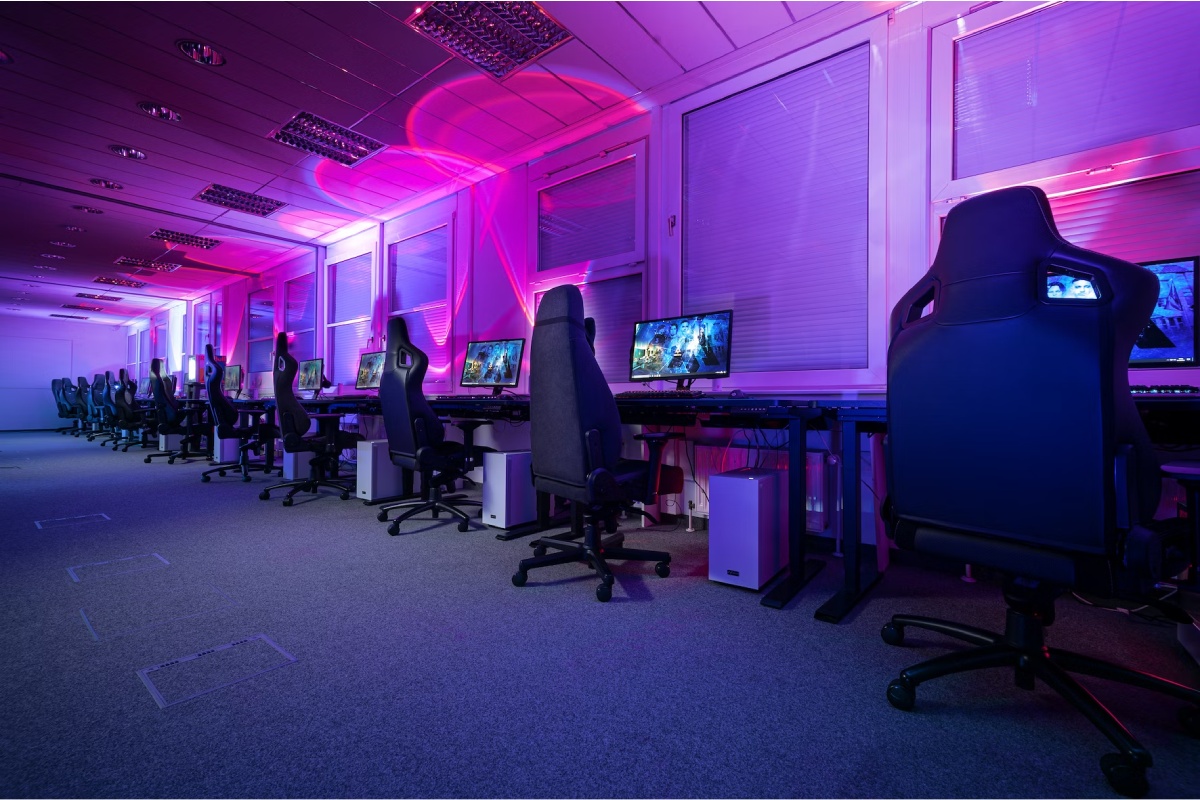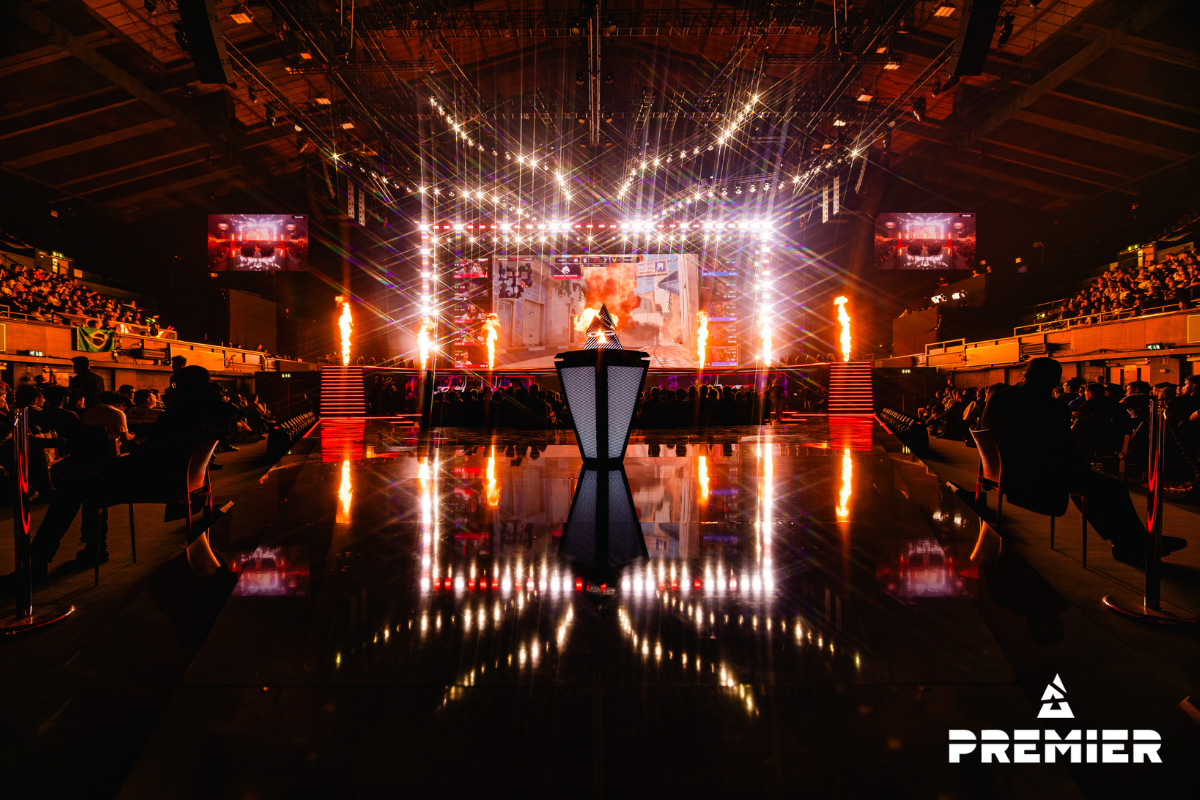eSports
The Impact of Esports on the Games Industry 2023

The impressive rise of competitive gaming since the outset of 2020 has caught many among the technology press by surprise – though this is not to say that it was not to be expected. Over the past 5 years, Google Trends has identified a 500% increase in search terms pertaining to esports.
Elsewhere, player numbers for legacy esports have been trending towards all-time highs since the mid-point of the previous decade, and sales of gaming laptops have similarly enjoyed their best sales period in many years.
The core contributing factors behind the esports surge of the 2020s are many and varied, though the fact that the maturing scene was perfectly positioned to benefit from the economic disruptions that hampered the propagation of its physical sporting counterparts is seen as the chief cause. Irrespective of this, esports was always going to break into the mainstream at some stage in the 2020s, and this merely accelerated the process.
Now in 2023, competitive gaming continues to grow at a phenomenal pace, and analysts project that it should break $3 billion in annual revenues by 2027 – not bad for a market that was scarcely capable of maintaining a mere 300 million back in 2015. This enormous impact is now coming to influence all aspects of the games industry today, as we shall explore below.
Increased Interest in Online Games
The growing popularity of esports is having a knock-on effect for all forms of online gaming, even those that do not functionally incorporate competitive multiplayer elements into their design.
At present, the most popular format of online game played in the world today is that of online slots. Leading platforms furnishing gamers with these titles, such as VegasSlotsOnline, which features over 5000 individual titles including one of the largest online repositories of free slots available anywhere – are likely to absorb the influence of esports before long. By incorporating leaderboards, competitive play and even importing game mechanics from popular esports genres like the MOBA and battle royale, slots may well find themselves at the vanguard of a pivot towards converging with the competitive gaming market.
In general, the coming years will likely see developers seek to incorporate esports elements into game design across the wider online marketplace to leverage the benefits of the esports boom.
Furthering the Public Validation of Gaming
No small part of the modern games industry’s success can be put down to the fact that those in the crucial 18–35-year-old professional spending category grew up on home games consoles. They thus lack any of the hang-ups of prior generations around this, once new, media format. A young adult today is as likely to buy a new games console as they would have a hi-fi system or DVD player in the late 90s, and this has done much to validate the industry in the general public’s perception.
Though the undeniable fact is that the cultural conversation surrounding gaming still tends to denigrate it. After all, while millions of people around the world eagerly track which films do well during awards season, very little ink has been spilled in comment on the runaway success of recent games like God of War Ragnarök or Elden Ring.
Esports will likely help the ongoing validation of the industry, as professional gaming athletes acquire widespread recognition for their considerable skill and talent. As the world of esports further integrates itself into the wider sporting landscape, those who care to praise the sporting prowess of quarterback Tom Brady may become increasingly likely to recognise, support and champion the careers of prominent gamers such as Oleksandr ‘s1mple’ Kostyljev.

Boosting the Development of AR and VR
Augment and virtual reality have until recently been something of a white elephant for the games industry. The sophistication and potential of such technologies to revolutionise the way we play and watch games is unprecedented, but the lack of widespread development and the prohibitive cost of dedicated VR hardware has thus far limited its adoption.
Esports may well catalyse the uptake of these technologies, as the potential for ‘floating camera’ spectatorship using VR could totally alter the way esports matches and streams are broadcast. Likewise, should a new generation of esports adopt these technologies, this should massively increase public appetite for proprietary hardware capable of delivering this experience, and may bring overall costs down.
-

 Asia5 days ago
Asia5 days agoDigital gaming disruption tackled in 1st AsPac Regulators’ Forum
-

 Asia7 days ago
Asia7 days agoBGCS and BGMS league stages conclude; rising stars set to meet pros in the playoffs
-

 Latest News7 days ago
Latest News7 days agoHigh Roller Technologies and Flows partner to launch player engagement experiences, with technical integration complete in record time
-

 Central Europe7 days ago
Central Europe7 days agoFootball Stats Startup Challenges Multi-Million Company With Free Publication Of Blueprints
-

 Latest News7 days ago
Latest News7 days agoThe Current State of the German iGaming Market and Its Role in Europe
-

 Eastern Europe7 days ago
Eastern Europe7 days agoSYNOT Games Partners with WIN2
-

 Latest News7 days ago
Latest News7 days agoDiffusionData Releases Diffusion 6.12
-

 Latest News7 days ago
Latest News7 days agoOperator-Exclusive Slots: Do Content Bundles Still Deliver ROI?





















